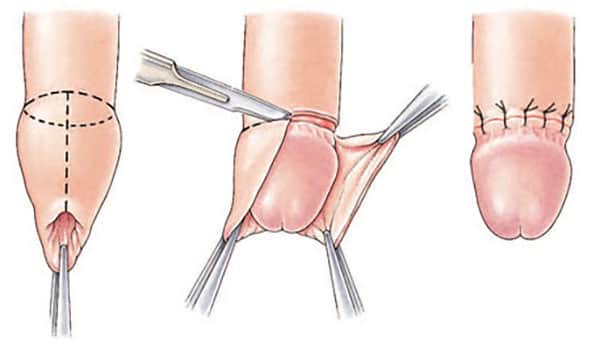
Circumcision is a surgical procedure that involves the removal of the foreskin, the retractable fold of skin covering the head of the penis. This practice has been carried out for centuries across various cultures and religions, often for religious, cultural, or medical reasons. In some communities, circumcision is considered a rite of passage or a covenant with God, as seen in Judaism and Islam. In other contexts, it is performed for hygienic or health-related reasons, such as reducing the risk of infections.
From a medical perspective, circumcision can have several benefits. It has been associated with a lower risk of urinary tract infections (UTIs), particularly in infants, and may reduce the risk of certain sexually transmitted infections (STIs), including HIV. Additionally, circumcision can help prevent foreskin-related conditions such as phimosis (difficulty retracting the foreskin) and balanitis (inflammation of the foreskin and glans). These potential health benefits contribute to its recommendation in specific situations by healthcare providers.
The procedure is relatively straightforward and typically performed under local or general anesthesia, depending on the patient’s age and health condition. In newborns, it is a quick procedure, often completed within a few minutes. In older children and adults, it requires more preparation and healing time but is still considered a low-risk surgery. Post-operative care is crucial to ensure proper healing and to prevent complications such as infection or excessive bleeding.
Despite its benefits, circumcision is not without controversy. Some argue against routine circumcision, citing ethical concerns about performing a permanent procedure on individuals unable to consent, such as infants. Additionally, critics point out that the medical benefits of circumcision are not universally compelling and that proper hygiene can achieve similar outcomes without surgery. The decision to circumcise is often influenced by cultural, religious, or personal beliefs rather than strictly medical considerations.
Ultimately, circumcision remains a personal choice for many families and individuals. It is essential to weigh the potential benefits and risks and to consider cultural and ethical factors when making this decision. Consulting with a qualified healthcare provider can help individuals or parents make an informed choice based on their unique circumstances and needs.